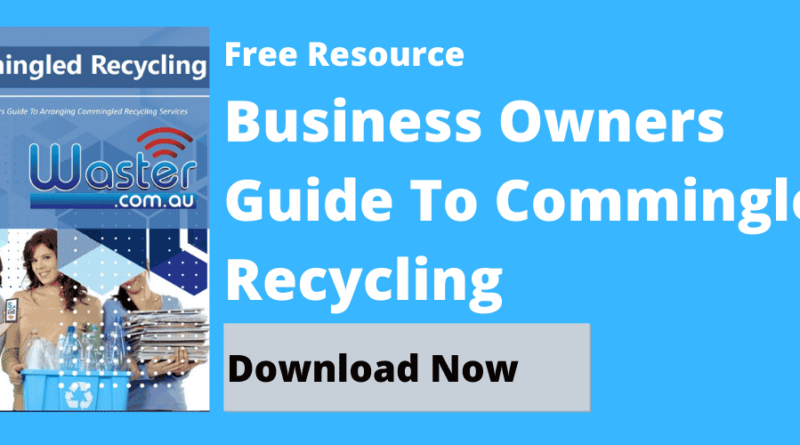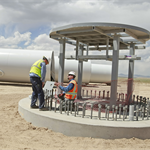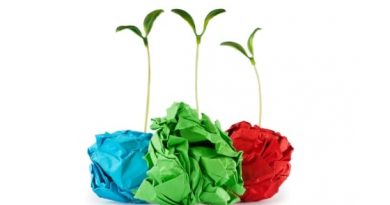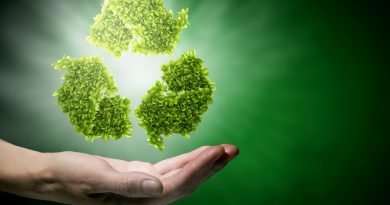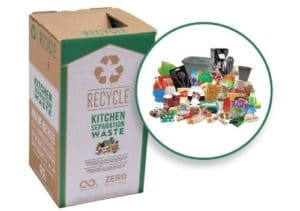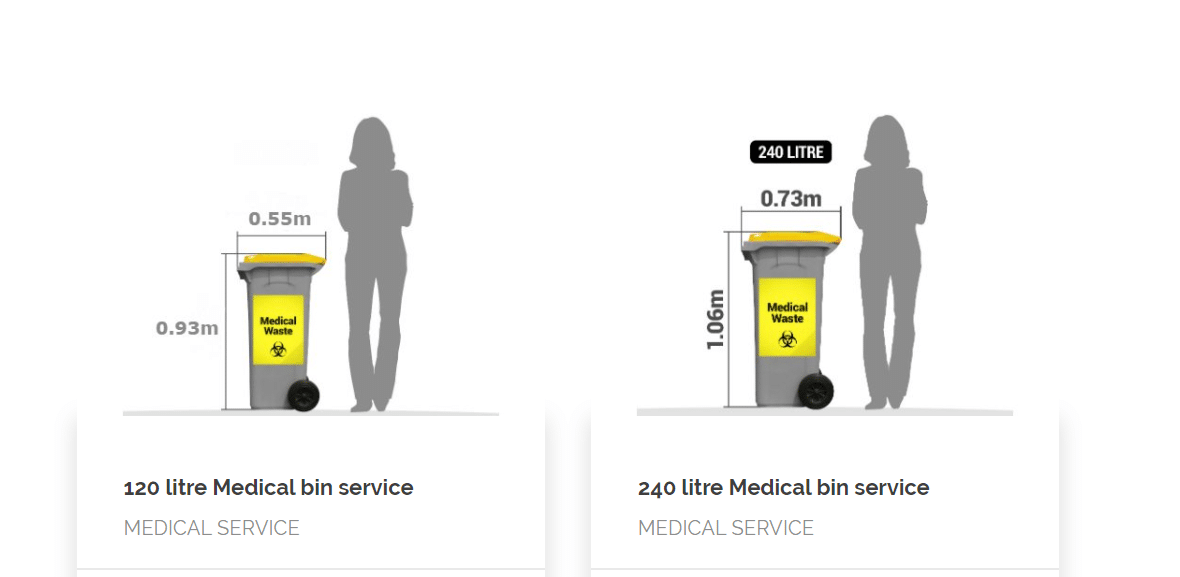What Waste Can Be Made Into Compost? 🗑️
Energy Disrupter
What Waste Can Be Made Into Compost? 🗑️: Aside from disposal and recycling, some may already know by now that you also have the option of composting your waste. In this blog, we give you a more in-depth guide on composting and provide relevant examples of what waste you can compost.
One of the best things you can do to help the planet is to compost.
If you truly want to live a zero-waste life, then reusing and recycling is not enough. You need to discover other viable options. Thankfully, we have composting to help us out! We here at Waster might even argue that composting is better than recycling!
Take note that a lot of items you have at home, you can compost. Similarly, businesses have the option of composting their eligible waste.
However, not a lot of people know what types of waste they can make into compost. Some people do not even have any idea what composting is.
For this reason, in this blog, we cover what you need to know about composting. What is composting? What are some of its types? Are there any examples of rubbish you can compost? We will cover all of that below. Ready your garden, trowels and work gloves — let us discover what waste you can compost!
Who’s Waster and what can it do for businesses? Learn more
Before we go further with what waste you can transform into compost and more, let me share with you more information about Waster.
>Download Now: Free PDF Business Owners Guide To Commingled Recycling Bin Services
We here at Waster provide you with innovative solutions for you and your business’s waste management and recycling needs. Furthermore, we provide flexible, 30-day contracts instead of the typical lock-in contracts, which proves to be better.
Click on the blue button to learn more.
READ NOW: What Can (And Can’t) Go In Your Commingled Recycling Bin? ♻️
All about turning waste into compost
First and foremost, what are compost and composting?
Compost, in the most layman of terms, is decomposed organic matter made up of nitrogen-rich greens such as leaves and grass clipping and carbon-rich browns such as dry grass and branches.
Composting, on the other hand, is the process of recycling organic matter to create compost. Simply put, composting produces compost.
To make the composting process smoother and produce better results, gardeners utilise decomposers. There are available natural decomposers such as fungi, microorganisms etc.
Earthworms, for example, are used to manage garden waste and transform them into worm manure, otherwise known as worm casting or vermicompost. We will talk about that more below in the vermicomposting section.
With the right conditions along with those already mentioned above, expect a by-product called humus, or what enthusiasts fondly called ‘black gold’, to make farmlands and gardens much more fertile.
What kind of waste can you turn into compost? We give you some examples below.
Now, what kind of waste can you not turn into compost? We also give you some examples below.
- noxious or invasive weeds
- manure of carnivores or omnivores such as cats, dogs, pigs etc.
- paper mixed with other materials such as wax, plastic etc.
- pure meat
- dairy and butter
- plastic waste
- glass
- metal
Do take note that some of the mentioned products above (such as dairy and butter) can be composted, but are discouraged because they might attract scavengers or pests in your garden.
Types of composting
We have three types of composting. Below, we enumerate and give them a short description.
- Aerobic composting – Aerobic composting means using microorganisms requiring oxygen to decompose organic matter.
- Anaerobic composting – Anaerobic composting is the complete opposite of aerobic as it does not need oxygen in the process. This type usually occurs in landfill, and therefore does not require any sort of supervision. However, this type of composting is the least to be desired. Trust us. Why so? Well, first of all, it takes the longest to finish, usually about months, or even years. And more importantly, this type of composting produces methane, one of the most potent greenhouse gases.
- Vermicomposting – The last type of composting method we can do to waste is vermicomposting. As we have mentioned above, vermicomposting makes use of earthworms to enhance the composting conversion process and produces a better by-product called vermicompost.
Please read our blog linked above [written as types of composting] to learn more.
Benefits of turning waste into compost
There are plenty of upsides when you turn waste into compost. Below, we enumerate some examples.
- Composting reduces waste. Obviously, when you make compost from waste, this means you reduce waste going into the rubbish and rotting in landfill. We generate significant amounts of organic waste, so we can deal with them by means of composting.
- Composting reduces greenhouse gas generation. As we’ve mentioned above, the unsupervised way of composting results in methane and carbon dioxide production. Both of these gases are considered greenhouse gases, which trap heat in the atmosphere, therefore causing a rise in global temperature. Composting the correct way greatly reduces this possibility.
- Composting improves the soil. Last on our list: composting greatly improves the soil’s health. Turning your waste into compost is essential if you want your soil rich with nitrogen, phosphorus and potassium: three key nutrients. It also lets you avoid using harmful chemicals as an alternative.
Have any questions you want to ask? Comment down below!
[embedded content]
Contact Waster right now for your waste and recycling needs!
Does your Australian-based business need waste and recycling services? If so, then you have come to the right web page!
Please call 1300 WASTER (1300 927 837). You can also email us at [email protected] if you have any further questions. Find the best deals in terms of waste and recycling pricing and services!


